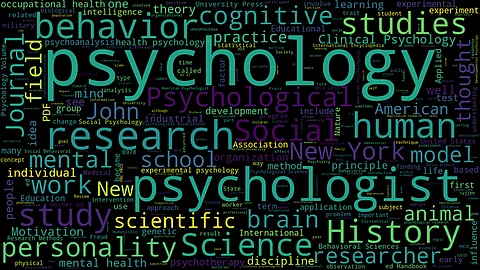The case of Anna O serves as a pivotal moment in the history of psychology, specifically for the young Sigmund Freud.
Anna O (real name Bertha Pappenheim) was a patient of Josef Breuer, a physician and friend of Sigmund Freud. She suffered from a range of unusual symptoms, including paralysis, hallucinations, and other physical and mental disturbances.
Bruer managed to cure her by assisting her in recollecting repressed memories of traumatic events. As she became conscious of those memories, Anna's symptoms also disappeared.
Josef Bruer shared the case with Sigmund Freud, and this eventually led to the development of Freud's psychoanalytic theory.
It would ultimately transform the field of psychology. By proposing that physical symptoms are often the surface manifestations of deeply repressed conflicts, Freud not only explained a particular illness but also proposed a revolutionary new finding about the human psyche.
The case of Anna O made Freud realize that there were hidden, unconscious forces that played a significant role in shaping human behavior and experience.
And that is how Freud went on to develop his psychoanalytic method of therapy, which aimed to help patients uncover and understand the unconscious forces that were influencing their behavior.
Sigmund Freud believed that by bringing these unconscious thoughts and feelings to the surface, patients could gain insight into their motivations and begin to work towards resolving their conflicts.
This theory of the unconscious mind significantly shifted the focus of psychology from studying only consciousness to considering the influence of unconscious thoughts and experiences on human behaviour.
It paved the way for the development of psychoanalysis and the exploration of the role of the unconscious in shaping Human Psychology.


